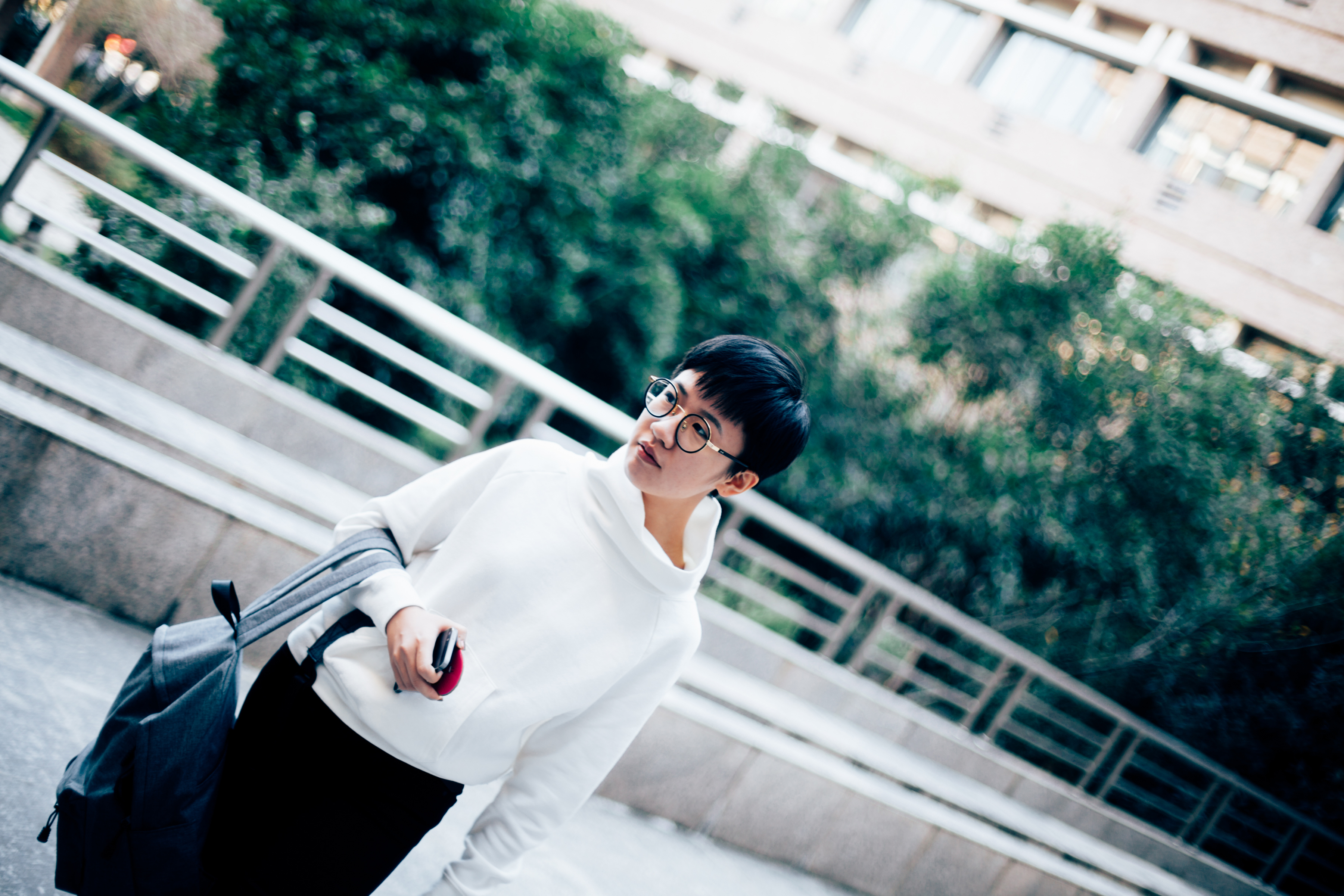Biography
During my undergraduate days in Law school, I often felt like an outcast, finding literary and film texts far more appealing than legal practice. This passion led me to pursue a media-related job after graduation and eventually to enroll in the MALCS program after three years of full-time work.
After graduating from MALCS, I began working as a teaching assistant in the Department of Cultural and Religious Studies at the Chinese University of Hong Kong. It may sound extravagant, but nearly all the professional skills required for my current job were gained and honed through CompLit@HKU. These include conducting weekly tutorials, providing feedback on students’ presentations, papers, and in-class discussions. The most enjoyable part of MALCS is close reading the texts with instructors and classmates, and I am grateful that this program has given me the ability to carry on this joy and pass it on to my current students and countless others.
Experience at MALCS
Without a background in literature, film, or cultural studies, I entered MALCS with the primary intention of learning theories. However, beyond the extensive reading, a series of serendipitous experiences enriched my journey. The phrase “happy writing” at the end of many course outlines challenged my previous understanding of writing as merely an assignment and drew my attention to the pleasure of reading and the pleasure of the text. I will never forget Dr. Esther Yau, who used Wong Kar Wai as an example to ease our worries of being deadline fighters, noting how Wong always edits his works to the very last minute. For many alumni, I believe, MALCS is not merely a programme, but a willingness to engage with the Other and an intellectual and aesthetic stance of openness toward divergent cultural experiences.
For many alumni, I believe, MALCS is not merely a programme, but a willingness to engage with the Other and an intellectual and aesthetic stance of openness toward divergent cultural experiences.

